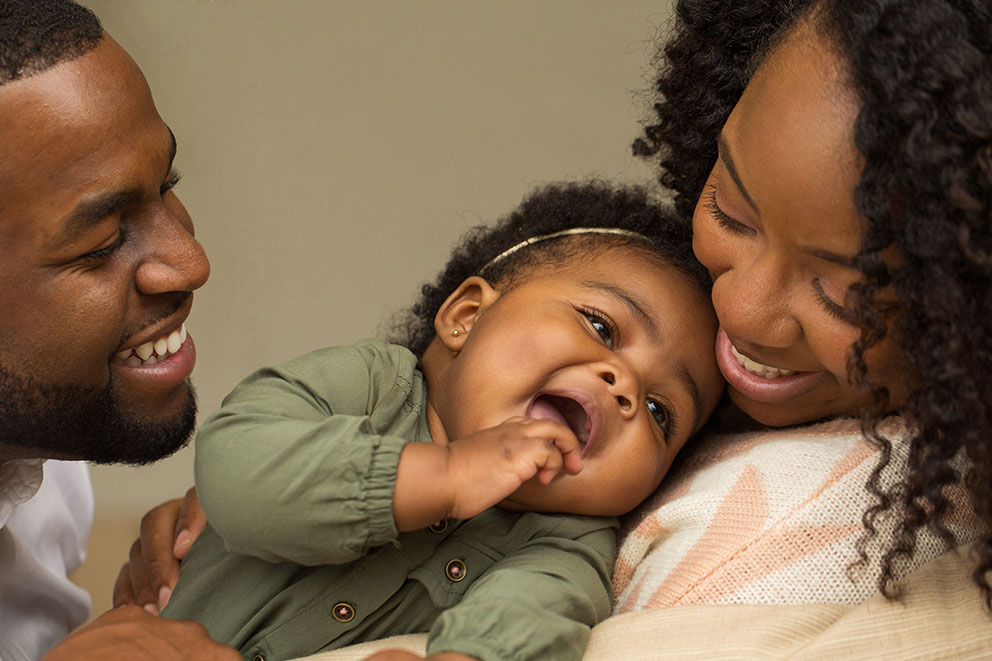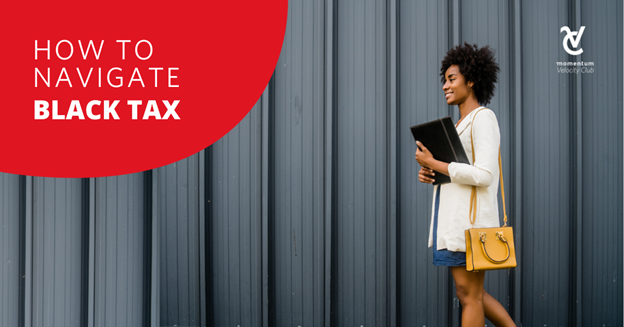19 September 2022 | 10 – 12 min read
The importance of having a Will - and what happens if you don’t

Many of you reading this either have children or are responsible for supporting children within your family. And even if you don’t have kids to look after, you definitely have important possessions.
Regardless of which category you fall into, you need a Will. In this article, we’ll talk about what a Will is, what it does, and what happens to your family, your money and your stuff if you don’t have one.
What is a Will?
A Will is a legal document that spells out how you want your money and possessions to be managed after you die.
Yes, that sounds morbid, but unfortunately, we will all die at some point, so we all need to have a Will in place when that day arrives.
A Will allows you to specify what should happen to your estate (all of the things you own - including money and assets) when you pass away.
You can be as specific or as general as you wish with your instructions.
Perhaps you want to give it all to one or more people and let them decide what to do with it?
Or perhaps you want to give the beneficiaries specific instructions on how they should manage your money? You can even appoint someone you trust to manage your assets so that they benefit your family for a long time to come. It’s all up to you.
What happens if you die without a Will?
This is called ‘dying intestate’ - or dying without having left a Will.
When you die intestate, a law called the Intestate Succession Act kicks in. This requires the courts to step in and make all of those decisions for you about what should happen with your assets and other possessions.
Spoiler alert: You probably won’t like their decisions
For example, your entire estate could be allocated to a relative you barely know, while your children or partner get nothing. And if you don’t have any blood relatives, your estate is forfeited to the State.
As if the State can be trusted with your hard-earned assets, right?
Luckily, all of these issues can be quickly resolved by ensuring that you write a clear Will.
Don’t have a Will? Schedule a free consultation with a Velocity Club expert , and we’ll help you get your Will and estate planning in order.

1. Save time and reduce stress for your loved ones
If you die intestate, the court process to administer your estate is complicated and can be super stressful for your loved ones as it can take months and even years to wind up leaving your loved ones destitute.
In your Will, you can appoint someone to manage your estate. This person is the ‘executor’ of your estate. Doing so saves the time the court would usually take by doing the same process. This makes it easier and eliminates tremendous stress for your loved ones.
The job of an executor is vital, so it’s worth writing a Will to ensure that you appoint a competent person you can trust to manage your estate.
The executor is responsible for closing your bank accounts, managing your assets (even if that includes selling them off), and various other legal activities.
2. Decide who gets your stuff
You probably already knew this, but a Will lets you decide who gets your stuff - including your money, assets and possessions - when you die.
In your Will, you’ll name specific beneficiaries, being the people who will receive a share of your estate. Here’s where you can ensure that your children get a fair share of your money and that they understand how you want that money to be managed.
But just as much as your Will allows you to name who gets what, it’s also an opportunity to prevent specified people from getting particular parts of your estate.
3. Take care of your kids - and furbabies
Whether you’re a parent or simply responsible for raising children, you can use your Will to nominate a guardian for your children.
The guardian’s role mainly applies if both parents pass away. The surviving parent usually gets sole legal custody when one parent passes away.

The guardian is responsible for the same things you, the parent, would’ve been responsible for. This includes the child’s daily needs, including food, clothing, housing, healthcare and education.
If you don’t appoint a guardian, then the court will appoint one for you, and in some cases, that could mean that your children end up being raised by someone whom you would not have chosen to raise them.
Your furbabies aren’t left out, either. Your Will can - and probably should - also include instructions on what should happen to your pets. While you can’t legally leave any of your money or other assets to your pet/s, you can at least ensure that someone you know and trust will look after your pet/s when you pass away.

Don’t have a Will? Schedule a free consultation with a Velocity Club expert, and we’ll help you get your Will and estate planning in order.
4. Provide funeral instructions
For some of us, funerals and funeral arrangements are an important cultural tradition. In your Will, you can specify who should manage your funeral and what your funeral should look like.
While your wishes with regards to the look and feel of the funeral are not typically legally binding, it’s one less thing that your loved ones need to worry about is ensuring that everything is carried out according to what you would’ve wanted.
5. Decrease stress and conflict amongst loved ones
Death is a highly stressful affair for those left behind to process. When there is no Will to manage that person’s affairs, the legal process that unfolds from there on is fraught with additional stress that can lead to substantial conflict amongst the loved ones you leave behind.
For that reason, when you leave a clear and specific Will, you decrease the potential for conflict amongst those you love the most and ensure that the squabbling over your assets is reduced or eliminated.
Velocity Club can help
Our team of money experts are ready to assist you with trusted financial planning advice. The first session is FREE and helps us assess your current financial situation and discuss your future goals.
Should you sign up for the Velocity Club Money Plan, we’ll help you create a valid Will and assist with estate planning.
Don’t put it off or waste time thinking you have MORE of it.
Book a free session with financial planners who understand your context, background and future dreams.

31 August 2022 | 8 - 10 min read
5 financial tips to get you ready for summer!

27 June 2022 | 8 - 10 min read
Navigating black tax: Support your family AND your future

29 July 2022 | 8 - 10 min read
Women's Month special: How to take control of your finances like a boss

SIGN ME UP
Start making the right money moves today
Put your goals within reach. Leave your details and a Relationship Consultant will call you back.
